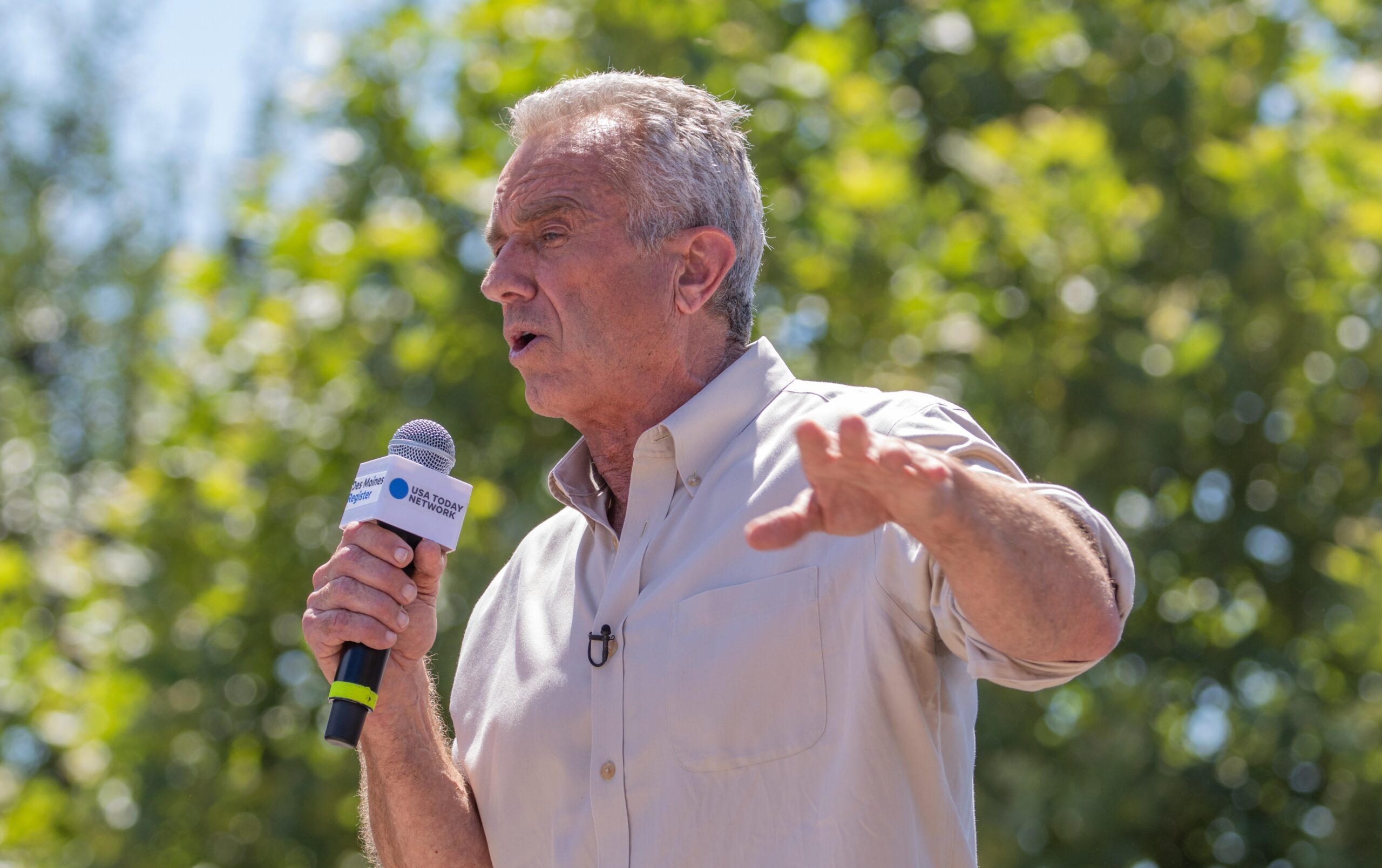Cuts vs. Science: Is RFK Jr. Right on HHS Reform?

Robert F. Kennedy Jr. vigorously defended his controversial HHS budget cuts during a contentious Senate hearing, exposing billions in taxpayer waste while Democrats accused him of undermining scientific progress.
At a Glance
- RFK Jr. reduced the HHS workforce from 82,000 to 62,000, aligning with pre-COVID staffing levels
- He exposed wasteful spending, including NIH grants to deceased individuals and universities charging excessive indirect costs
- Kennedy defended Medicaid spending reductions as targeting fraud, not cutting essential services
- The Congressional Budget Office estimates proposed Medicaid reforms would reduce the federal deficit by $625 billion over the next decade
- Kennedy criticized the food industry for prioritizing profits over public health
Kennedy Defends Staff Reductions
During a tense Senate hearing, Health and Human Services Secretary Robert F. Kennedy Jr. faced sharp criticism from Democratic lawmakers over his department’s budget cuts. When questioned about staffing reductions, Kennedy revealed he had trimmed the HHS workforce from 82,000 to approximately 62,000 employees. He maintained that these cuts simply returned the department to pre-pandemic staffing levels while eliminating bureaucratic redundancies that wasted taxpayer dollars.
Kennedy compared his department’s downsizing to similar workforce reductions at major technology companies like Microsoft and Meta, arguing that these organizations maintained their core missions despite staff cuts. This pragmatic approach to government efficiency resonated with Republican senators while drawing continued fire from Democrats who claimed the reductions would harm scientific progress and public health initiatives.
Exposing Billion-Dollar Research Waste
In a revealing exchange with Louisiana Senator John Kennedy, RFK Jr. highlighted the extensive financial waste within federally funded research programs. He pointed to universities like Stanford charging excessively high indirect costs on government grants – sometimes as much as 60 cents for every dollar of actual research. By contrast, private foundations typically cap these overhead costs at more reasonable levels, allowing more money to fund actual scientific work.
“How many employees were there at HHS when you took over?” asked Sen. John Kennedy. “Eighty-two thousand,” RFK Jr. replied. “How many do you have today?” the Senator continued, helping Kennedy establish the context for his departmental reforms.
The Secretary further exposed alarming examples of grant mismanagement, including federal funds going to deceased individuals and wealthy federal employees. Kennedy emphasized that cutting this waste wasn’t about reducing scientific research but rather redirecting more resources to legitimate studies by eliminating corruption and bureaucratic inefficiency that had become entrenched in the system.
Medicaid Reforms Target Fraud, Not Benefits
Kennedy strongly defended proposed Medicaid spending reductions during both Senate and House hearings, emphasizing they target fraud rather than legitimate benefits. He cited evidence showing approximately one million people claiming Medicaid benefits in multiple states simultaneously and another million collecting from both Medicaid and Affordable Care Act exchange plans. These reforms aim to implement stronger eligibility verification and work requirements for able-bodied recipients.
“I don’t know if you understand this, or whether you’re just mouthing the Democratic talking points,” Kennedy told Rep. Josh Harder during a House Appropriations subcommittee hearing on the HHS budget. “The cuts to Medicaid are for fraud, waste and abuse.”
The Congressional Budget Office estimates these proposed reforms would reduce the federal deficit by $625 billion over the next decade. However, Democrats contend additional verification requirements create barriers to legitimate healthcare access. Rep. Harder argued: “The vast majority of folks in a community like mine who are on Medicaid are working. They want to work. We’ve seen this chapter before. When you put more red tape in front of people actually getting that life-saving care, you’re going to prevent people from accessing health insurance.”
Food Industry and Public Health
During the hearing, Kennedy also addressed broader public health concerns, particularly criticizing the American food industry for prioritizing profits over consumer health. He highlighted how the prevalence of highly processed foods contributes to chronic health conditions that burden the healthcare system. This critique aligned with Kennedy’s broader mission of addressing root causes of health problems rather than simply treating symptoms.
Kennedy’s testimony revealed his determination to restore scientific integrity to federal health programs through increased accountability. By exposing waste and implementing cost-saving measures, he maintained that HHS could become more effective at its core mission of protecting public health while being responsible stewards of taxpayer resources—a balancing act that continues to draw both praise and criticism from lawmakers across the political spectrum.












